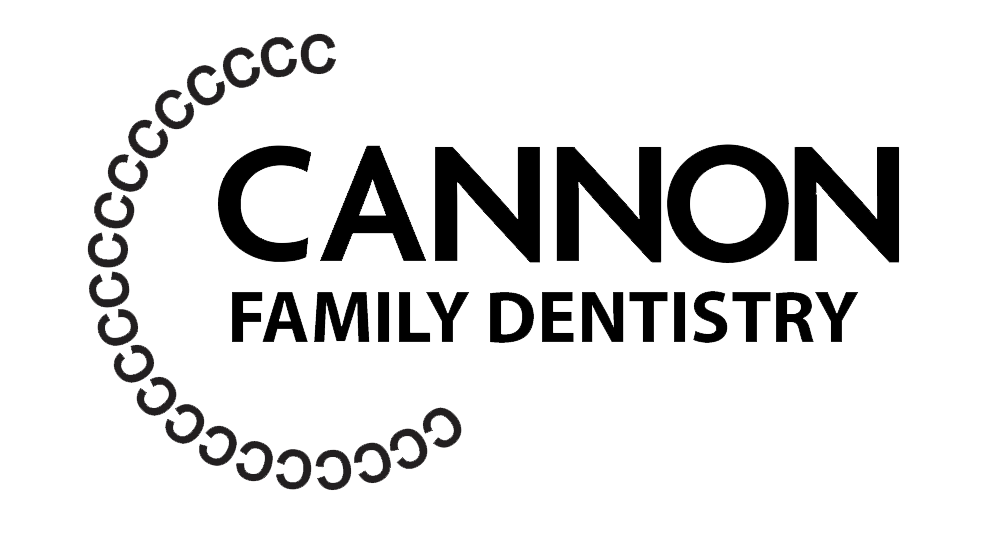
Maintain Good Oral Health
Preventative Services


Preventative dental care is a proactive and personalized approach to oral health. The focus is on home oral hygiene habits, regular check-ups, cleanings, and early treatments to help prevent issues like cavities and gum disease.
Dental Checkups & Cleanings
Regular dental check-ups are vital for more than just maintaining oral health. During each visit, we will examine your teeth and gums to catch early signs of decay, gum disease, and other issues, allowing for timely treatment before they worsen. Professional cleanings during check-ups also remove plaque and tartar, helping prevent cavities and gum inflammation. Scheduling dental check-ups and cleanings at least twice a year is key to maintaining a healthy smile and reducing the risk of future dental problems. Schedule your appointment today.
Fluoride Treatments
Fluoride is one of the most effective minerals for preventing tooth decay. Naturally found in nearly all foods and water sources. We can apply fluoride to your teeth in the form of foam, varnish, or gel. Many people benefit from fluoride treatments every six months. If you’re prone to cavities, you might benefit from more frequent treatments. Hydroxyapetite treatments is a good alternative for people who want to avoid fluoride.
Sealants
Dental sealants are a thin, protective coating applied to the chewing surfaces of back teeth, sealing grooves in molars and premolars to block food particles, bacteria, and sugar that can lead to decay. According to the American Dental Association, sealants can reduce cavity risk on permanent molars by up to 80%.
Nightguards for Grinding
Have you been told you grind your teeth when you sleep? Do you suffer from chronic headaches or jaw pain? If so, a custom nightguard might be what you need. Wearing a nightguard for jaw clenching and teeth grinding can help protect your teeth from excessive wear and provide relief from pain.
Oral Cancer Screening
The U.S.-based Oral Cancer Foundation reports that approximately 54,000 Americans are diagnosed with oral cancer each year, leading to over 9,750 deaths annually. When detected early, oral cancer can be treated effectively with targeted drug therapy, chemotherapy, radiation, or surgery. Common symptoms include persistent sores on the mouth or lips, loose teeth, lumps or growths, mouth, and ear pain, white or red patches, bad breath, and difficulty swallowing or chewing. Key risk factors include smoking, tobacco, and excessive alcohol use, HPV exposure, prolonged sun exposure, and genetics.
Tooth Extraction: Only When Necessary
Extraction is sometimes needed for serious dental issues: • Severe Decay: When a tooth is too decayed for fillings, crowns, or root canals, extraction may be the last resort, though root canal therapy should be explored first. • Wisdom Teeth: These third molars often lack space to emerge properly, causing pain and complications. Extraction is usually recommended, as it has minimal impact on jaw structure and prevents potential issues. • Advanced Gum Disease: Severe periodontitis can loosen teeth. Extraction may be needed to avoid further problems, though modern treatments can sometimes save these teeth. • Severe Fracture or Injury: If a tooth is extensively damaged, extraction may be necessary when preservation isn’t possible. Extraction is a last resort; we’ll discuss all options with you before making this choice.
